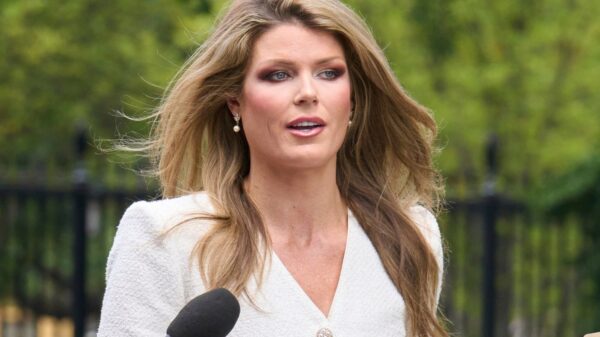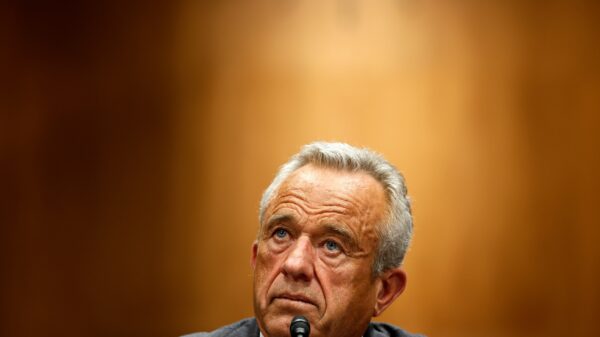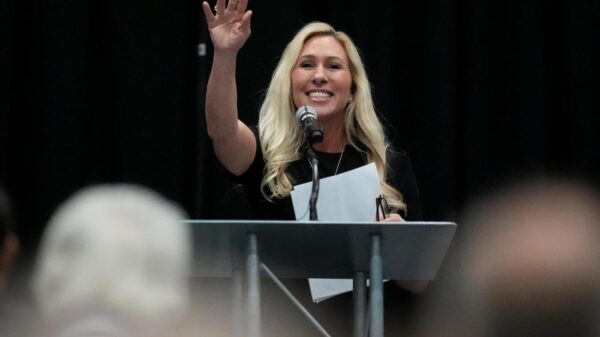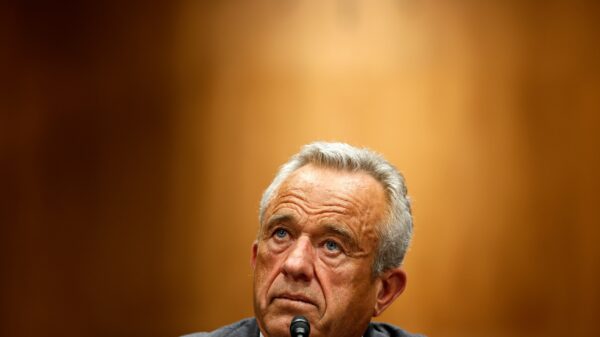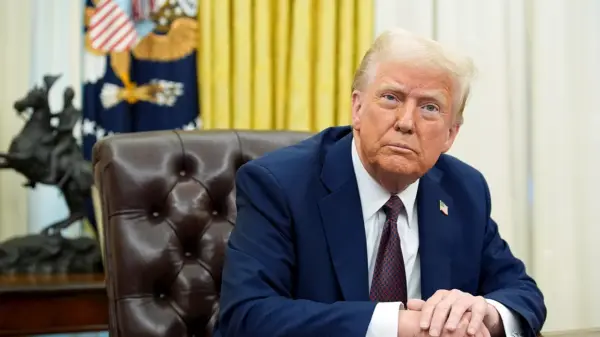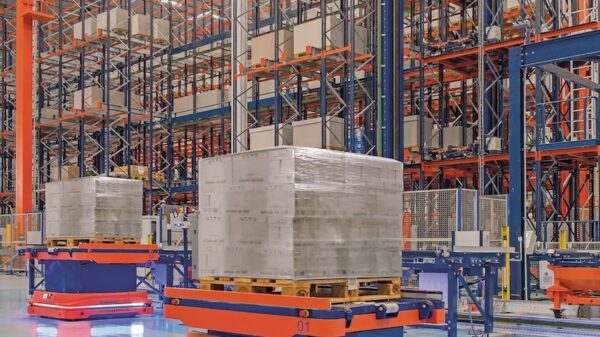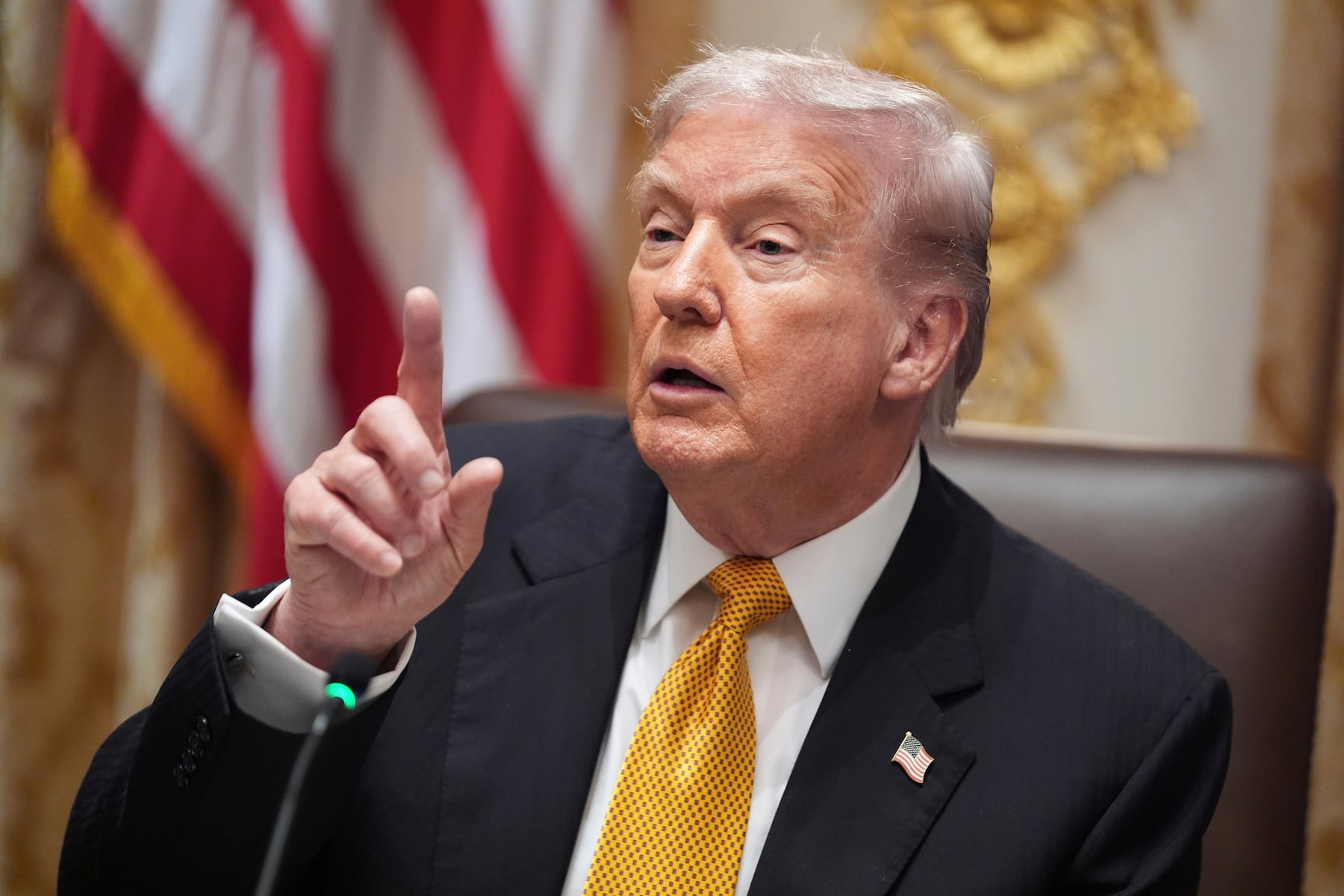President Donald Trump has directed the Department of Justice (DOJ) to investigate foreign-owned meat packing companies, alleging they are contributing to rising beef prices in the United States. The announcement, made on March 1, 2024, follows recent electoral setbacks for Trump’s party, where Democratic candidates highlighted the public’s concerns regarding living costs, particularly food prices.
Trump’s social media statement claimed, “I have asked the DOJ to immediately begin an investigation into the Meat Packing Companies who are driving up the price of Beef through Illicit Collusion, Price Fixing, and Price Manipulation.” He asserted that the investigation aims to support American ranchers, who were reportedly upset by his recent suggestion to import Argentine beef to reduce prices for consumers. “We will always protect our American Ranchers, and they are being blamed for what is being done by Majority Foreign Owned Meat Packers, who artificially inflate prices, and jeopardize the security of our Nation’s food supply,” he added.
Understanding Rising Beef Prices
The surge in beef prices can be attributed to several factors. Notably, drought conditions and years of low prices have resulted in the smallest U.S. cattle herd in decades. Additionally, tariffs imposed by Trump on Brazil, a significant beef exporter, have restricted imports. Despite these challenges, demand for beef remains robust, with consumers willing to pay higher prices. According to Glynn Tonsor, who leads the Meat Demand Monitor at Kansas State University, consumer demand is a critical driver of current prices.
Tonsor noted that the ownership structure of the meat packing industry has remained relatively unchanged over the past four years. Concerns over market concentration within the industry have persisted for many years, attracting attention from both farmers and politicians. Currently, four major companies dominate the U.S. beef market.
Experts have expressed skepticism regarding Trump’s claims about the market power of these large packers. Derrell Peel, an agricultural economist at Oklahoma State University, stated, “There’s no evidence to back up claims that the big packers have undue market power and use it to drive up beef prices.” He pointed out that the packing industry has been the subject of scrutiny for over 50 years, suggesting that the investigation may not yield benefits for either consumers or producers. Peel warned, “If the outcome is to break up the big packers, the outcome will be higher beef prices for consumers, and lower cattle prices for producers.”
While Trump’s investigation announcement aims to address public dissatisfaction with beef prices, it remains uncertain how effective such an inquiry would be in achieving lower consumer prices. The complexities of market dynamics and consumer demand suggest that solutions may not be as straightforward as the President’s assertions imply.







